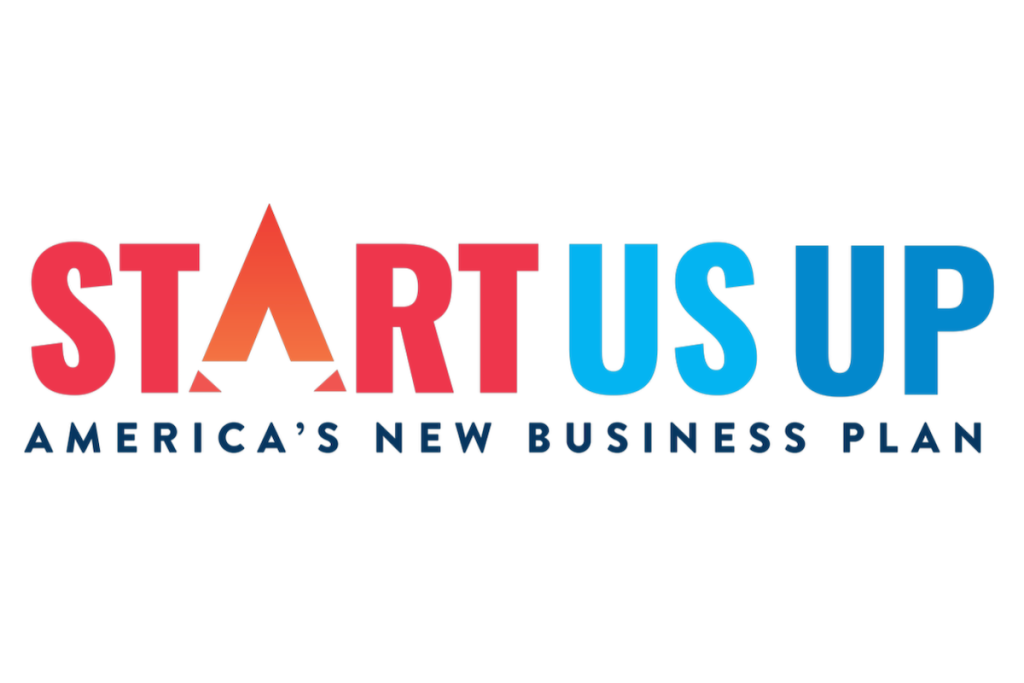With most Americans’ health care tied to employment, job loss has often resulted in new challenges to accessing needed care. Now, during a global pandemic that has claimed the lives of more than 200,000 Americans, the linkage between employment and health care has taken on added significance.
The Economic Policy Institute (EPI) reports that as many as 12 million Americans have lost their health coverage, stemming from record job losses. According to EPI, “delinking access to health insurance from specific jobs should be a top policy priority for the long term.”
When America’s New Business Plan was released last year, health care reform was among the recommendations laid out to ensure prospective entrepreneurs had the freedom and flexibility to pursue their ventures. The report notes that “the security of employer-sponsored health insurance can prevent risk-taking. This dilemma contributes to ‘job lock,’ a situation in which employees stay at their current jobs because leaving would result in the loss of benefits they value.”
COVID-19 has exposed yet another systemic flaw. Despite the potential for entrepreneurship to power America’s jobs recovery, the need for employer-linked benefits amid a public health crisis could discourage entrepreneurial risk-taking.
The Kauffman Foundation recently worked with Mother Jones to share the story of Heather Spalding, a small business owner whose own experiences with health insurance illustrate the gravity of the situation.
“We’re paying $1,661.23 per month for health care coverage,” says Spalding. “If our business status changes, we’ll have to look for an alternative and I don’t know if there is one. If one thing kills our business it will be health care costs.”
“It’s ridiculous that health care is linked to business. That puts people who leave their jobs in a precarious spot. People just don’t have the freedom to move around and try new things.”
Mother Jones
The prohibitively high health care costs to employers has also impacted their ability to retain employees and provide benefits. Surveys from the New England Journal of Medicine found that 44 percent of small businesses were at risk of cancelling health insurance due to COVID-19 — yet another challenge to America’s pandemic recovery.
So, what can be done?
America’s New Business Plan advises policymakers to:
- Facilitate the development of a system of portable benefits that follow workers as they move across jobs or out of the workforce to start a business.
- Provide tax incentives to new businesses to offset health care costs.
But perhaps a broader shift in mindset is also necessary.
Despite near universal support for entrepreneurship from both Republicans and Democrats, the issue of health care continues to sow partisan divides.
It’s time policymakers adopt a less narrow view of new and small business policy. Now more than ever, the needs of new and small businesses extend beyond funding and less burdensome regulations. Understanding the interwoven nature of policies affecting entrepreneurs is essential to providing them the support they need to thrive.
The Kauffman Foundation will host Health, Health Care Access and their Impact on Entrepreneurship: Landscape and Policy Considerations, a virtual forum to explore the intersections between health and new business creation. Register to attend today
.

